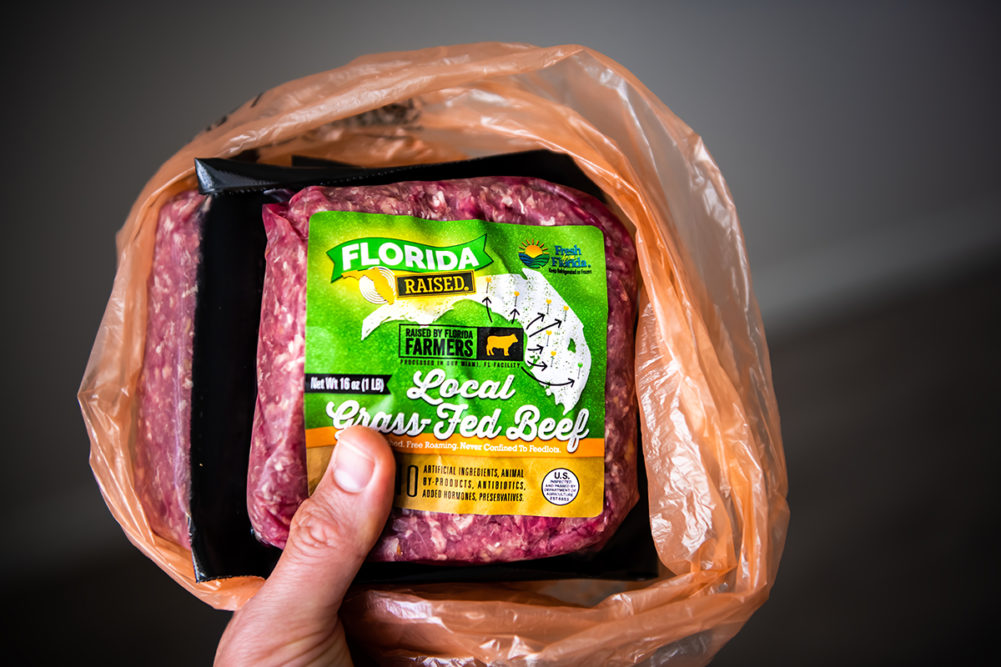
Consumers seek out locally sourced products
The demand and desire for organic meat in the United States is increasing due to growing awareness and concern among consumers about the health and environmental benefits of what we all eat.
Additionally, many consumers are also interested in knowing where their food comes from and the ethical treatment of animals, leading them to choose organic meat as a more sustainable and humane option.
“The COVID-19 pandemic has caused many people to reconsider their priorities and habits, including their diets,” said Elizabeth Figueredo, quality and regulatory lead at Quality Assurance International, an NSF organic company and leading provider of organic certification. “This has led people to gravitate towards organic food for a number of reasons.”
Among them is organic is perceived as healthier and safer than conventionally produced food; with supply chain disruptions and concerns about food safety, many people are seeking out locally sourced organic food; and the pandemic has brought into focus the need for more sustainable and resilient food systems, leading some consumers to choose organic food as a way to support environmentally friendly agriculture and reduce their carbon footprint.
“USDA organic meat is produced without the use of hormones, antibiotics, and genetically modified feed, making it a healthier choice for both people and the planet,” Figueredo said.
Mark Saylor, director of category management, research and analytics for Farmer Focus- Shenandoah Valley Organic, noted organic meat shoppers are looking for inflation-friendly, restaurant-quality options which are easy to make at home.
“There is an increased consumer investment in organic brands,” he said. “If you look at 2022 vs. 2021, organic is the only segment where branded share grew. I interpret this to mean that if consumers are going to pay a premium, they want to support a brand they believe in and that is making and proving claims that support their own beliefs.”
Kay Cornelius, general manager of Panorama Organic Grass-Fed Meats, said the company’s farms and ranches adhere to strict organic, non-GMO, and regenerative protocols for a healthier planet, which is a big appeal to consumers when buying their meat products.
“Our organic, grass-fed meats come from animals never treated with antibiotics or hormones, and who graze on organic and non-GMO pastures,” she said. “The result is nutritious and delicious protein for eaters concerned about their health.”
Panorama also is a big proponent of using US-based producers.
“Shoppers want to know they’re picking up a healthy organic product for themselves, but also care that it is raised here and helps healthy soils here in the US,” Cornelius said. “We need to support our own farmers and ranchers here in the US, and their conservation efforts to preserve the land and wildlife habitat.”
